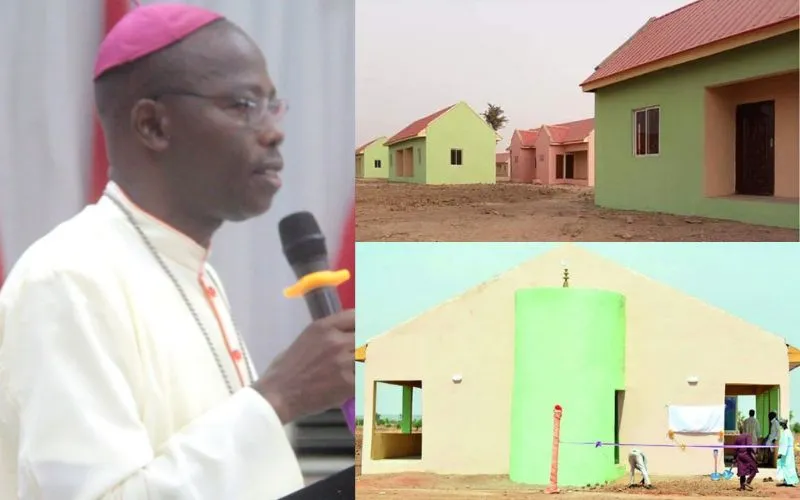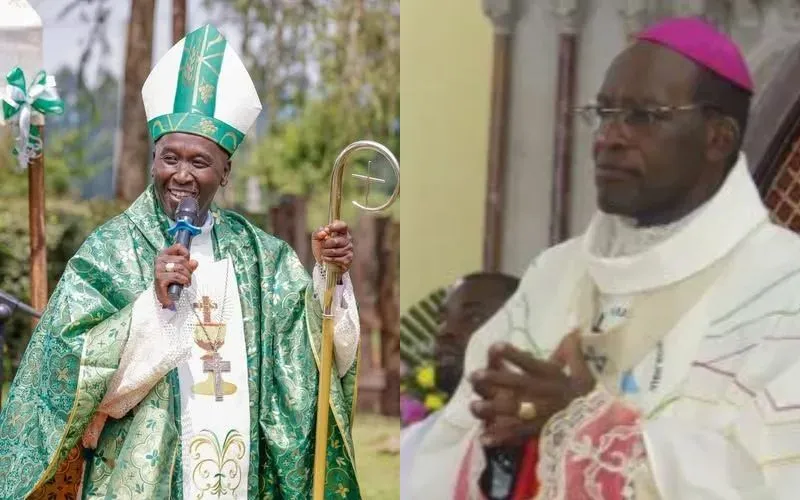Yola, 09 June, 2025 / 11:40 pm (ACI Africa).
Bishop Stephen Dami Mamza of Nigeria’s Catholic Diocese of Yola has defended his decision to build a mosque for Muslims displaced by Boko Haram insurgency, and underscored his commitment to fostering interfaith dialogue and peaceful coexistence.
In an interview with ACI Africa on the sidelines of the Diamond Jubilee of Nostra Aetate, the October 1965 Vatican II Declaration on the Relation of the Church to Non-Christian religions, which the Department of Mission and Dialogue of the Catholic Secretariat of Nigeria (CSN) organized, Bishop Mamza recounted the sacrifices and backlash that have marked his efforts to foster religious harmony in Nigeria.
“At the height of the crisis in Adamawa State, thousands of people fleeing insurgent violence sought refuge in the Catholic Cathedral in Yola,” Bishop Mamza recalled during the June 6 interview.
He went on to recall, “We closed our Catechetical Training Center, our Pastoral Center, our primary and secondary schools, and every available space was converted into a shelter. Both Christians and Muslims slept side by side in the Cathedral. There was no discrimination. At that time, everyone was just a victim seeking refuge.”
Between 2014 and 2018, Yola Diocese hosted hundreds of Internally Displaced Persons (IDPs). Realizing that many could not return to their destroyed or unsafe communities, Bishop Mamza led a long-term initiative that resulted in the construction of the Salama Housing Estate.








